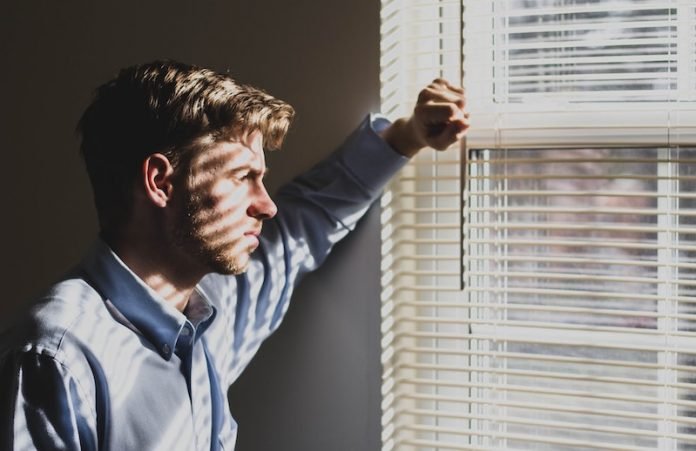
In a new study, researchers found more than 88,000 additional people have developed anxiety or depression as a result of the COVID-19 pandemic.
In addition, more than 21,000 depression screeners reported thinking of suicide or self-harm on more than half the days – a number that suggests a coming wave of mental impacts that could be of epidemic proportions.
The research was conducted by Mental Health America (MHA).
In May 2020, more than 211,000 people took a free, anonymous online mental health screen.
The results from those screenings continued the upward trends in mental health conditions observed by MHA – and confirmed by a recent analysis from the U.S. Census Bureau – since the start of the COVID-19 pandemic.
The team found not only there is not yet any relief from the mental health impacts of the pandemic, but that the impacts actually seem to be spreading and accelerating.
They also emphasized on the suicidal/self-harm ideation numbers.
A total of 45,000 to 50,000 Americans die by suicide every year and nearly half that number reported suicidal or self-harm thinking in just May alone.
Since the beginning of the pandemic:
There have been at least 88,405 additional positive depression and anxiety screening results over what had been expected (using November 2019-January 2020 average as a baseline).
There have been 54,093 additional moderate to severe depression and more than 34,312 additional moderate to severe anxiety screening results from late February through the end of May.
The per-day number of anxiety screenings completed in May was 370% higher than in January before coronavirus stress began. The per-day number of depression screens was 394% higher in May than in January.
These impacts on mental health are more pronounced in young people (<25): roughly 9 in 10 are screening with moderate-to-severe depression, and 8 in 10 are screening with moderate-to-severe anxiety.
“Loneliness and isolation” is cited by the greatest percent of moderate to severe depression (73%) and anxiety (62%) screeners as contributing to mental health problems “right now.”
In May 2020, 21,165 depression screeners reported thinking of suicide or self-harm on more than half of days to nearly every day, with 11,894 reporting these thoughts nearly every day.
Special populations are also experiencing high anxiety and depression, including LGBTQ, caregivers, students, veterans/active duty, and people with chronic health conditions.
This isn’t just affecting people with anxiety and depression, but other mental health conditions, too. Among all psychosis screeners in May, more than 16,000 were at risk of psychosis, and the percentage at risk (73%) also increased.
MHA has had an online screening program since 2014. People who come to the website can screen anonymously and for free, using the same evidence-based mental health screening tools that are used by most clinicians.
Over five million people have taken a mental health screen in the last 5 years. More than 300,000 took an anxiety screening in 2018 and 2019 alone. Most people who take a screen have never been diagnosed with a mental health condition.
One researcher of the study is MHA President and CEO Paul Gionfriddo.
Copyright © 2020 Knowridge Science Report. All rights reserved.



